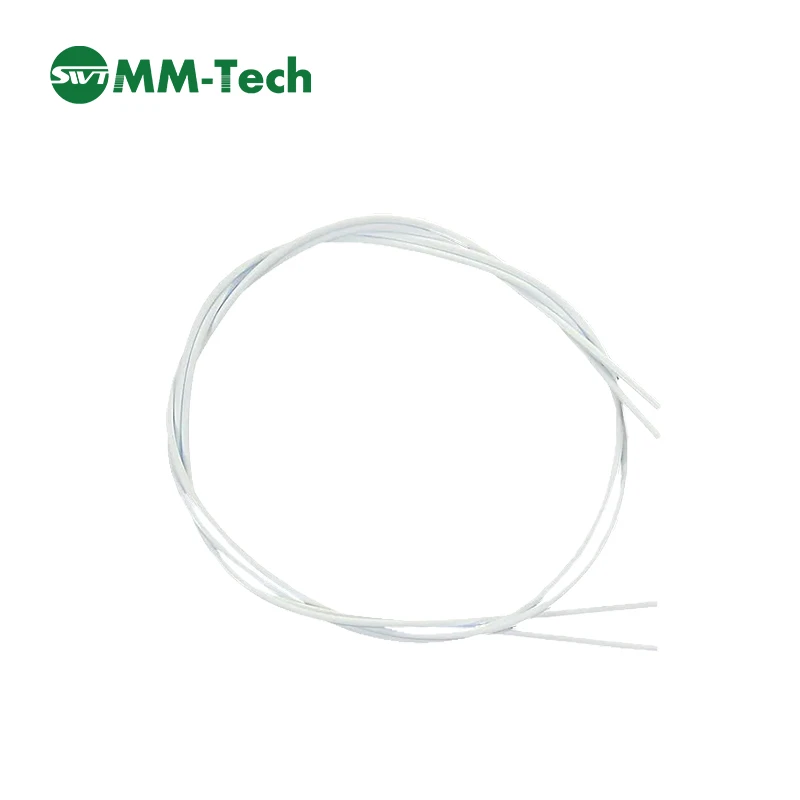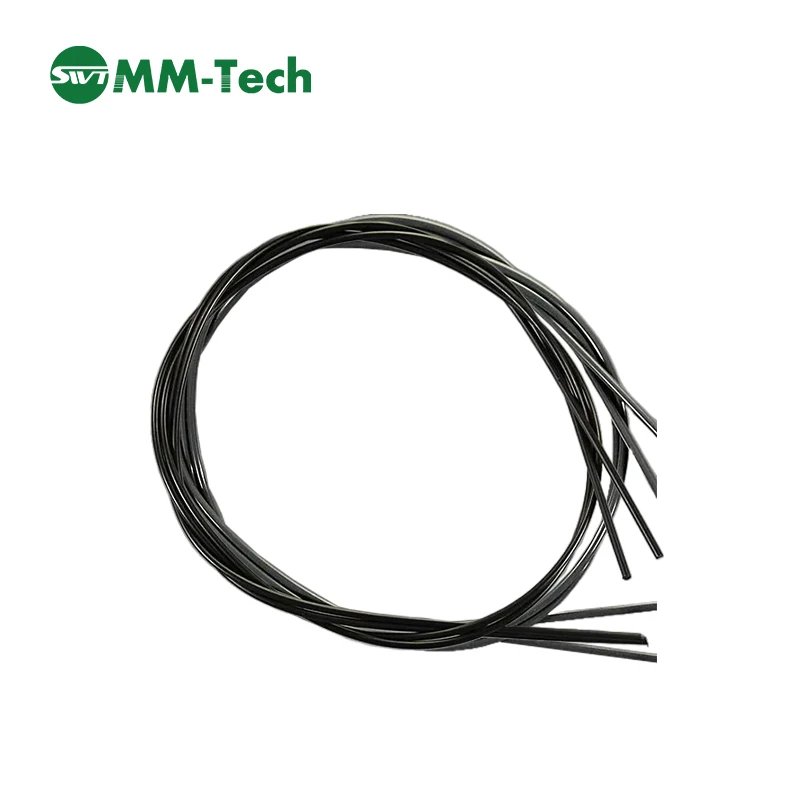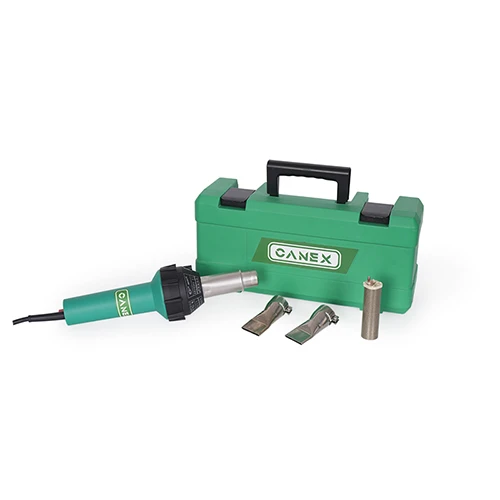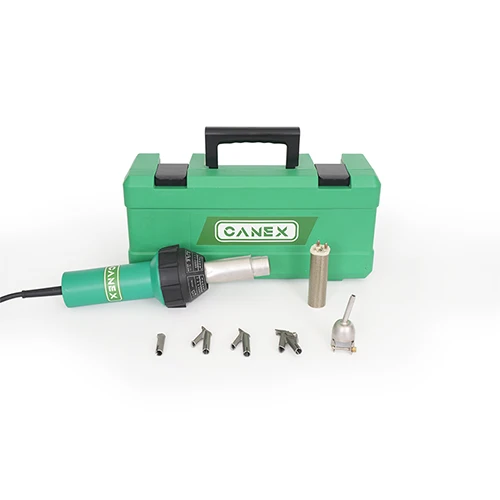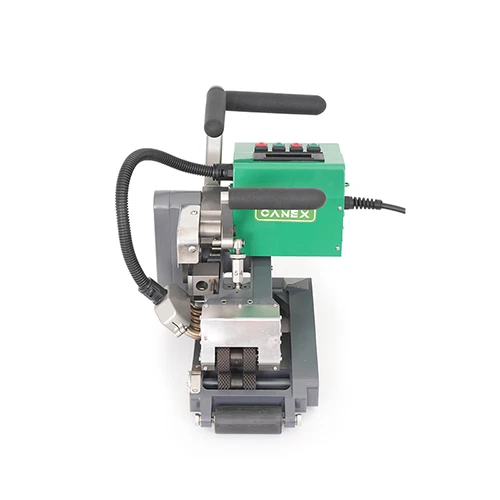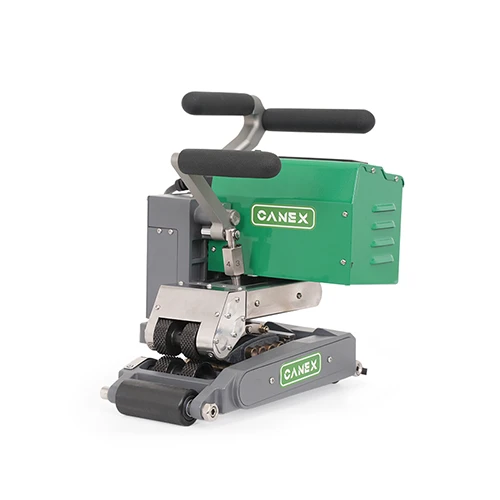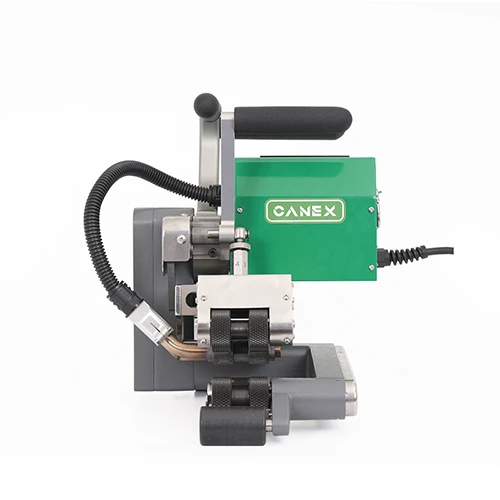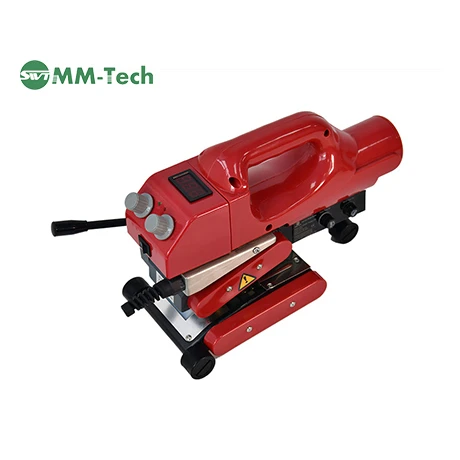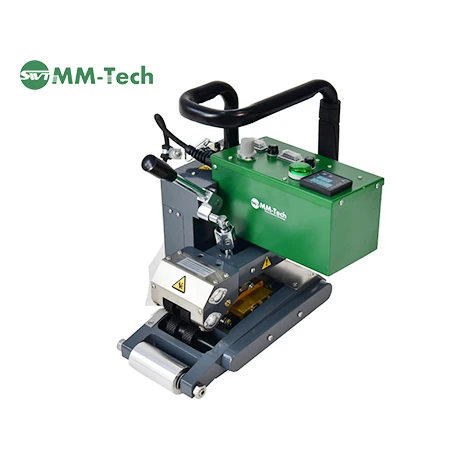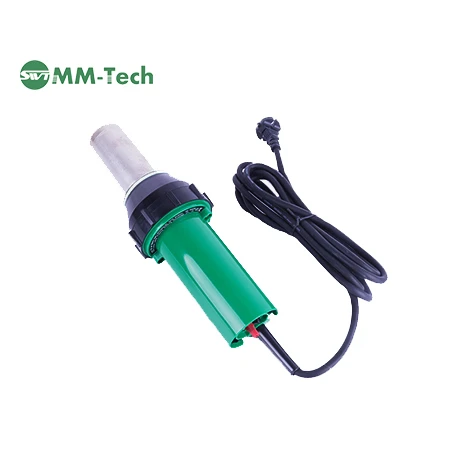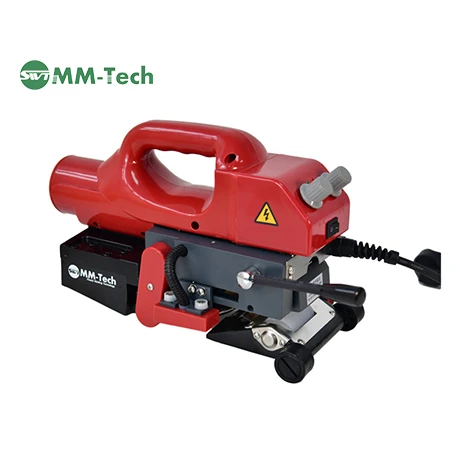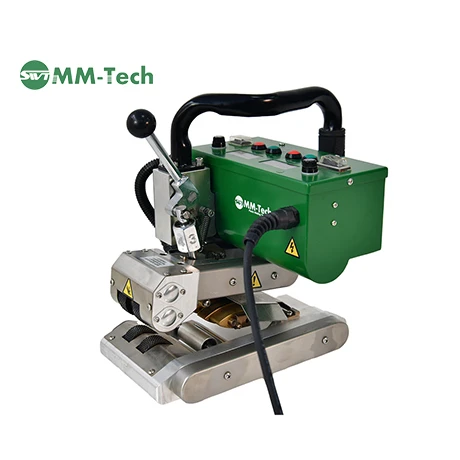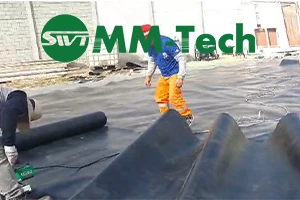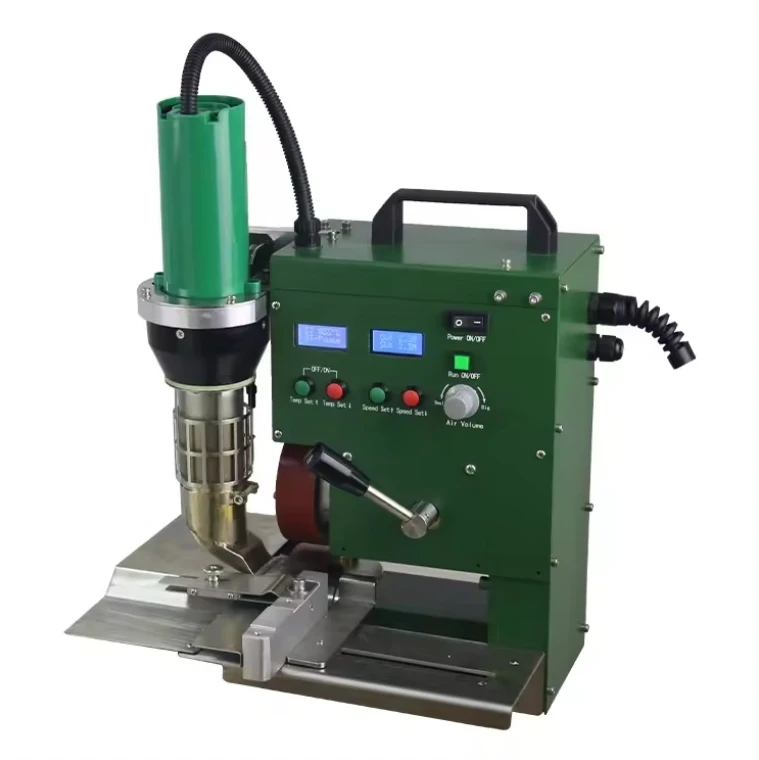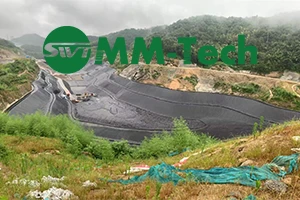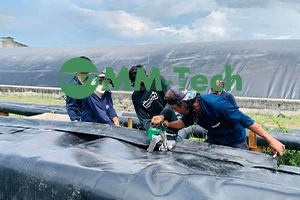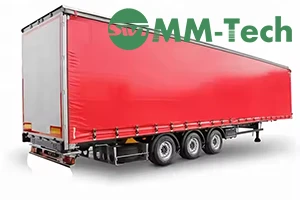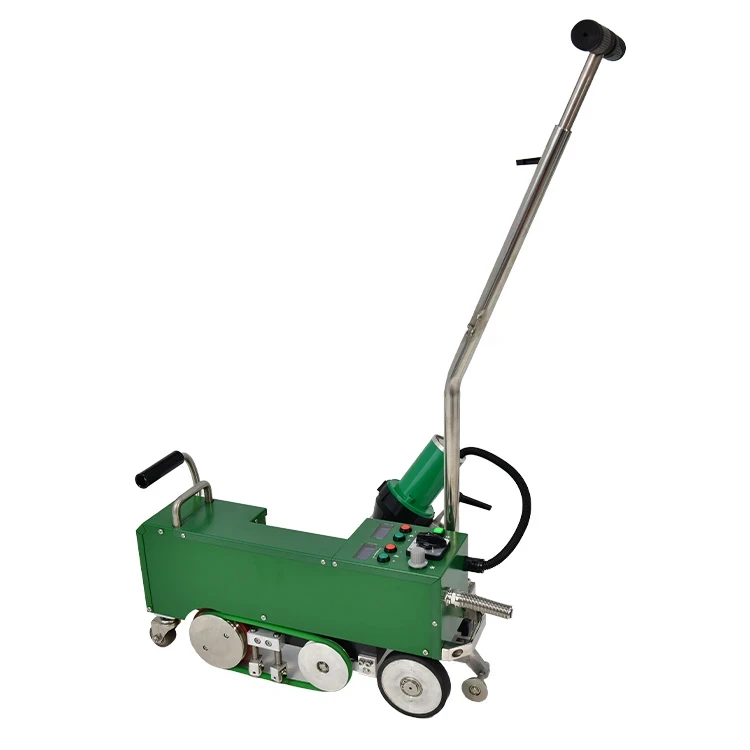-
 이메일: info@peweldingmachine.com
이메일: info@peweldingmachine.com
-
 +86-137 3974 5191
+86-137 3974 5191
-
 추가하다:
추가하다:중국 허베이성 스자좡시 차오시구 유이가 355호.
What You Need to Know About Purchasing and Using Welding Equipment for Vinyl and TPO Applications
6월 . 04, 2025 16:45
In the world of industrial and DIY projects, having the right welding equipment can make a significant difference in the quality and efficiency of the work. Whether you're dealing with vinyl materials for banners, awnings, or inflatables, or working on TPO (Thermoplastic Olefin) roofing projects, the availability of the right tools like used tpo welder for sale, vinyl heat welder, vinyl welding heat gun, hot air welder manufacturer, and hot air welder for sale can open up a world of possibilities. This exploration will shed light on these various welding solutions, their applications, and how to make informed decisions when considering such purchases.
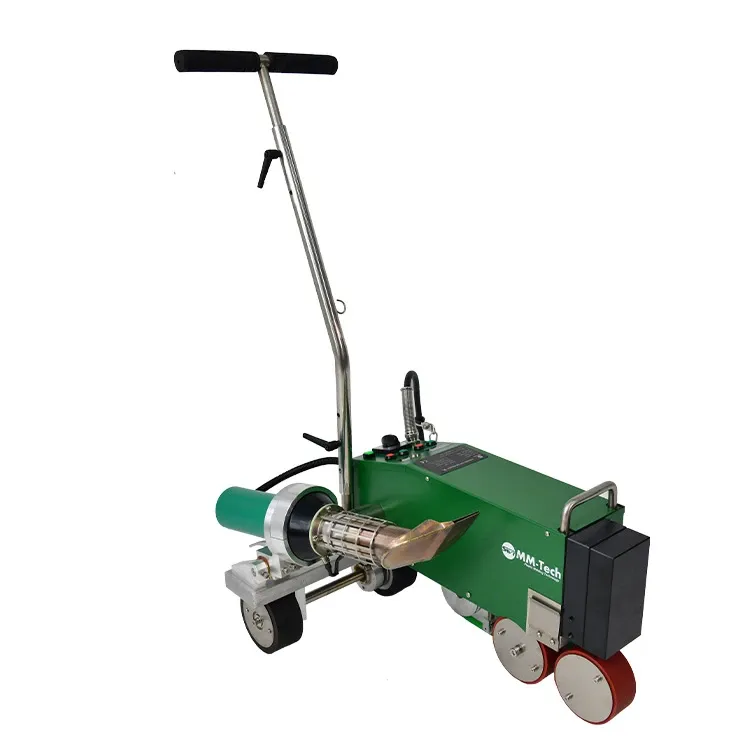
The Appeal of Used TPO Welder for Sale
When it comes to TPO roofing installations or repairs, a used tpo welder for sale can be an attractive option. For contractors or DIY enthusiasts on a budget, a pre - owned welder can offer the functionality needed at a more affordable price point. For example, some used TPO welders on the market, like certain models from well - known brands, still have a lot of life left in them. These welders are designed to heat and fuse TPO membranes together, creating a waterproof and durable seal. They typically use hot air or other heat - based methods to melt the TPO material at the joint, allowing for a strong bond. By choosing a used option, one can potentially save a significant amount of money compared to buying a brand - new welder, while still getting a reliable tool for TPO - related tasks. However, it's crucial to thoroughly inspect a used TPO welder before purchase. Check for any signs of wear and tear, such as damaged heating elements, frayed cords, or issues with the control panel. Ensure that all parts are in working order, and if possible, test the welder on a small piece of TPO material to assess its performance.
Functionality and Applications of Vinyl Heat Welder
A vinyl heat welder is a versatile tool in the vinyl - working field. It utilizes heat to bond vinyl materials together, making it suitable for a wide range of applications. In the production of vinyl banners, for instance, a vinyl heat welder is used to create clean and strong seams. The heat from the welder softens the vinyl, allowing two pieces to be pressed together and form a permanent connection. This results in a seamless and professional - looking finish. In the manufacturing of inflatable vinyl products like pools or air mattresses, vinyl heat welders are also essential. They ensure that the seams are airtight, preventing any leakage. The temperature settings on a vinyl heat welder can usually be adjusted, which is beneficial as different vinyl thicknesses and types may require different levels of heat for optimal welding. Thinner vinyl may need a lower temperature to avoid melting or warping, while thicker vinyl may require higher heat to ensure proper fusion.
Vinyl Welding Heat Gun: A Handy Tool for Small - Scale Projects
The vinyl welding heat gun is a more compact and portable option within the vinyl - welding toolkit. It is especially useful for small - scale vinyl projects or for making on - site repairs. For example, if you have a small vinyl awning with a torn seam, a vinyl welding heat gun can be used to quickly fix it. The heat gun emits a stream of hot air, which is directed at the damaged area. By applying heat and pressure, along with a vinyl patch or filler material if needed, the tear can be repaired. This tool is also popular among hobbyists who work on vinyl - based crafts, such as creating custom - made vinyl bags or wallets. The ease of use of a vinyl welding heat gun makes it accessible to those with limited experience in welding. However, it's important to note that compared to larger, more industrial - grade vinyl welders, the heat gun may have limitations in terms of the size and thickness of the vinyl it can handle.
The Role of Hot Air Welder Manufacturers in the Market
Hot air welder manufacturer plays a pivotal role in providing quality welding solutions. These manufacturers are responsible for designing and producing hot air welders that meet the diverse needs of different industries. They invest in research and development to improve the efficiency, performance, and safety features of their products. For example, some manufacturers use advanced materials in the construction of the heating elements to ensure consistent and reliable heat output. They also focus on ergonomic designs to make the welders comfortable to use for extended periods. In the case of TPO and vinyl welding, manufacturers develop specific models tailored to the requirements of these materials. These models may have features like variable heat settings, precise temperature control, and adjustable air flow to achieve the best welding results. Reputable hot air welder manufacturer also provide after - sales support, including maintenance services, replacement parts, and technical advice. This support is crucial for users to keep their welders in good working condition and to troubleshoot any issues that may arise.
Evaluating Hot Air Welder for Sale Options
When considering a hot air welder for sale, there are several factors to take into account. First, assess your specific needs. If you plan to work mainly with TPO roofing materials, look for a hot air welder that is specifically designed for this application. It should have sufficient power to heat the TPO membrane effectively and create a strong bond. For vinyl work, consider the types of vinyl projects you'll be undertaking. If you're working with thick vinyl sheets, a welder with a higher heat output may be necessary. Price is another important factor. Compare prices from different sellers and manufacturers, but don't compromise on quality for a lower price. A well - made hot air welder may cost more initially but will likely have a longer lifespan and better performance, saving you money in the long run. Additionally, check the warranty offered with the hot air welder. A longer warranty period indicates the manufacturer's confidence in the product's quality. Also, read reviews from other users to get an idea of the welder's reliability and performance in real - world scenarios.
FAQ Regarding Welding Equipment
How can I ensure the quality of a used TPO welder before purchasing?
Inspect the exterior for any signs of damage, such as dents or cracks. Check the heating element for wear or corrosion. Test the temperature settings to ensure they are accurate. Look for any signs of overheating, like discolored parts. If possible, ask for the welder's maintenance history. A welder with a proper maintenance record is more likely to be in good condition. You can also try welding a small piece of TPO material with the welder to assess its performance.
What are the differences between a vinyl heat welder and a vinyl welding heat gun?
A vinyl heat welder is often a more industrial - grade tool. It usually has more power and is designed for larger - scale vinyl projects. It may have additional features like a built - in roller for pressing the welded seams or more precise temperature control. On the other hand, a vinyl welding heat gun is more portable and suitable for small - scale jobs or on - site repairs. It is a simpler tool, relying mainly on the user to apply the right amount of heat and pressure. The heat gun is also more affordable compared to a full - fledged vinyl heat welder.
How do hot air welder manufacturers ensure the safety of their products?
Manufacturers use materials that are heat - resistant and non - flammable in the construction of the welder. They design the heating elements to prevent overheating and short - circuits. Many welders come with safety features like automatic shut - off when the temperature exceeds a certain limit or when the unit is tipped over. The cords are also made of durable materials to prevent fraying and electrical hazards. Additionally, manufacturers provide clear safety instructions in the product manuals to guide users on proper usage.
What should I consider when choosing a hot air welder for sale for my vinyl business?
Determine the types of vinyl projects you'll be doing. If you work with a variety of vinyl thicknesses and types, choose a welder with adjustable temperature and air flow settings. Consider the power output based on the size of your projects. For large - scale production, a more powerful welder will be more efficient. Look for a welder with a reputation for reliability and ease of maintenance. Also, factor in the cost, including any additional accessories or replacement parts you may need in the future.
Can a vinyl welding heat gun be used for TPO welding in a pinch?
While a vinyl welding heat gun can produce heat, it may not be suitable for TPO welding in most cases. TPO requires a specific temperature range and heat distribution to form a proper bond. A vinyl welding heat gun may not be able to reach the high enough temperatures consistently or provide the right amount of heat for the thickness and nature of TPO material. Using it for TPO welding could result in a weak or ineffective weld, and it may also damage the heat gun due to the higher heat requirements of TPO.
관련 상품
관련 영상
관련 뉴스
뉴스레터 구독
Dear customer, thank you for your attention! We provide high-quality machinery and equipment and look forward to your orders. Please inform us of your needs and we will respond quickly!









